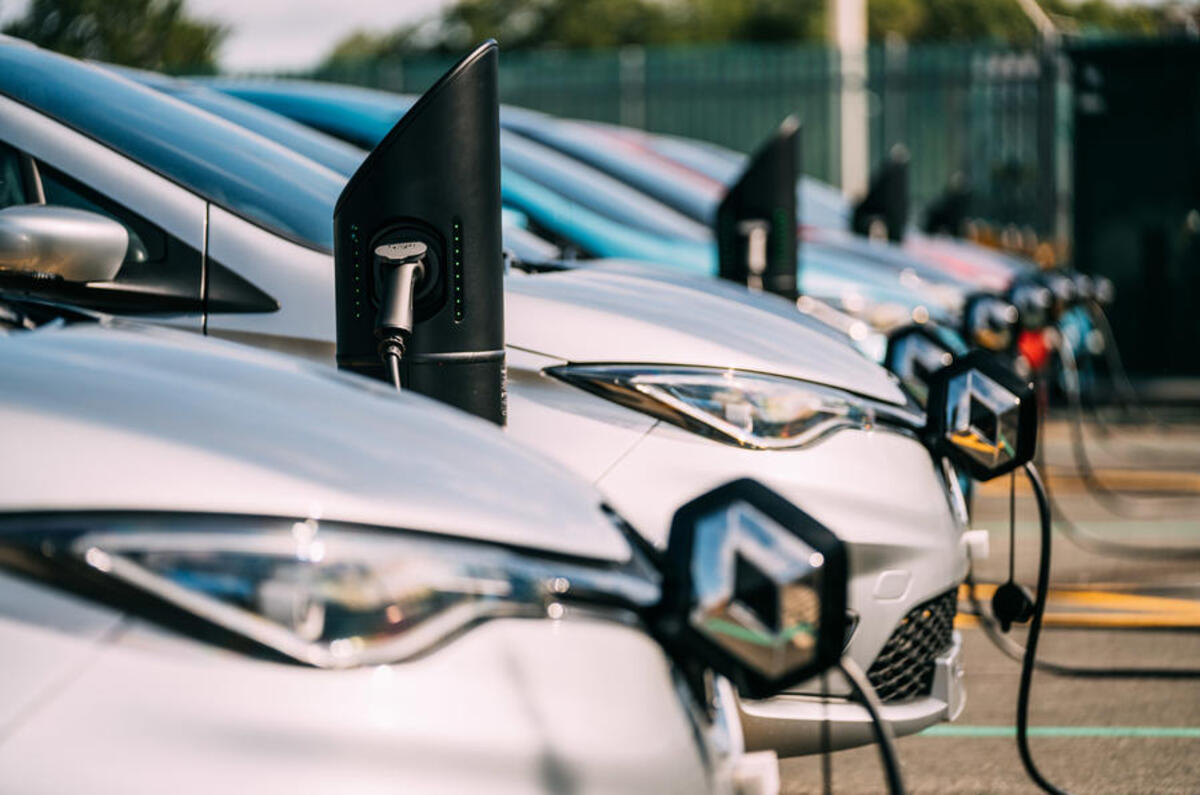The car market is moving into a scenario where the remaining combustion-engined models are becoming much more valuable second-hand than their electric equivalents.
However, as EV values slide for the 21st consecutive month, a two-tier narrative is emerging in which newer, higher-tech electric cars are hanging on to their value better than earlier models.




Add your comment